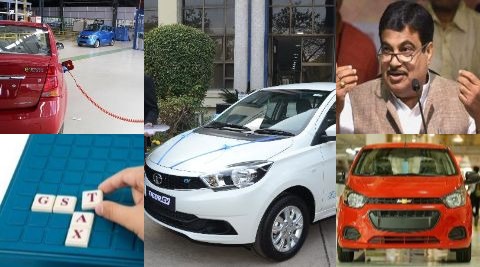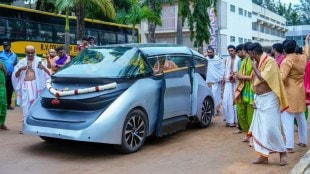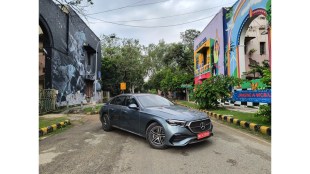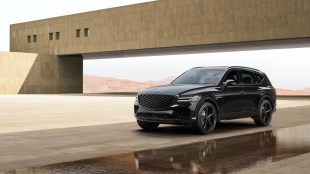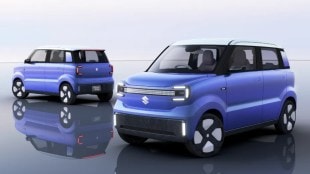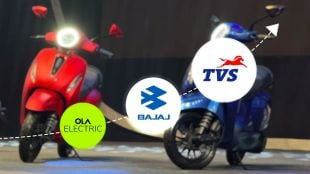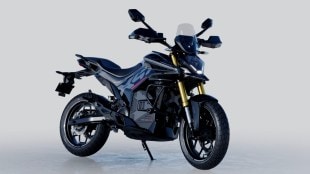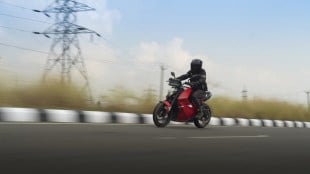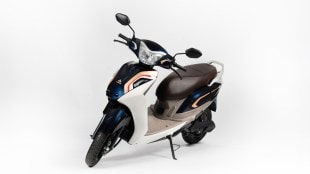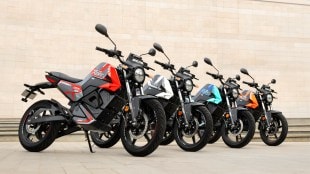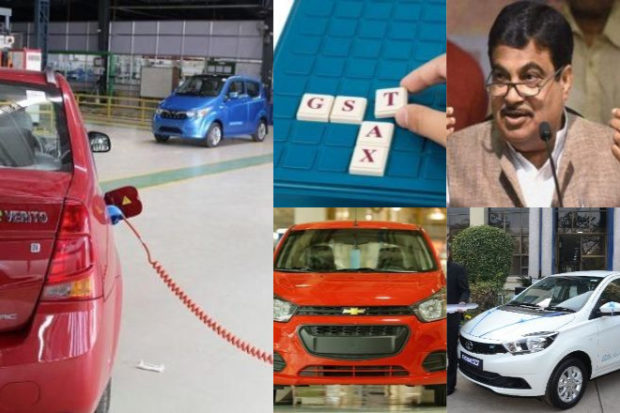
The auto-industry is one of the most happening industry in India and has had a roller coaster ride in 2017. The year started with the industry recovering from the impact of demonetisation and just as it looked like the vehicle sales were sustaining slowly there came the announcement of banning the sale of BS3 vehicles in India that probably was the biggest auto headlines in 2017. This was followed by GST and later the passenger vehicle industry did express concern over hike in cess. Talking about companies, General Motors decisions to quit sales domestic sales in India when global companies like Kia, Jeep, MG Motors have announced big investment plans came as a surprise for many including the media. Here’s a list of top events that dominated the Indian auto-Industry in 2017.
BS3 vehicles banned:
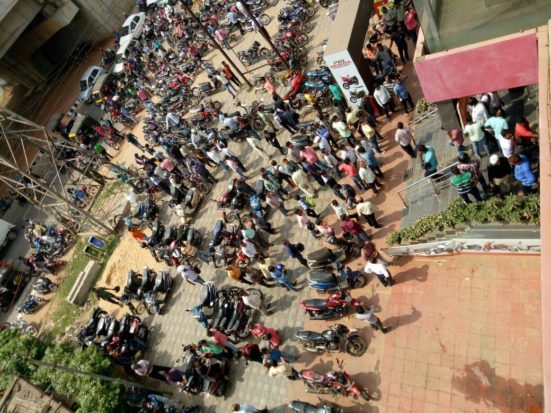
Supreme Court’s decision of banning the manufacturing and sale of BS3 vehicles in India came in March 2017 and is probably the biggest auto news of 2017. Sales of two-wheelers and commercial vehicles (BS 3 grade) took a toll and over all the automobile industry absorbed a loss of about Rs 12,000 crore. The last two days of March 2017 saw a huge rush at two-wheeler dealerships across India as massive discounts were offered by the companies and dealers to get rid of their BS3 stock. According to Google Trends ‘WHAT IS A BS3 VEHICLES’ is also the fourth most searched term on Google in India after GST, Bitcoin and Jallikattu.
General Motors India exit:
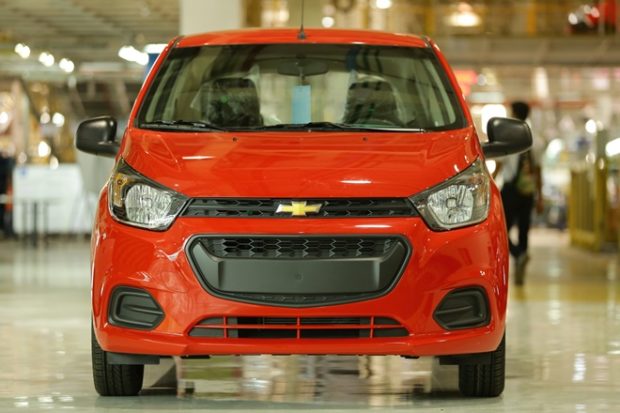
The year started with the hopes of seeing the Chevrolet Beat Activ and Chevrolet Essentia cars running on Indian roads but a dramatic change in its strategy lead General Motors to shut the domestic sales of its Chevrolet cars in India completely. General Motors’ plant in Halol has now been handed over to MG Motors which is expected to begin production in 2018. General Motors will continue to manufacture plant from its Talegaon facility but will only for exports. GM’s India exit announcement came as a surprise for many including its dealers.
Switch to electric vehicles or get bulldozed: Nitin Gadkari
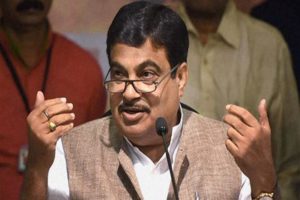
Addressing at the Society of Indian Automobile Manufacturers (SIAM) annual convention in September 2017, Union Minister made it very clear that auto-industry should go for vehicles running on alternative fuels or electricity else the government will bulldoze automakers. Taking an aggressive stance Mr Gadkari’s words that echoed the rooms were “We should move towards alternative fuel, I am going to do this, whether you like it or not. And I am not going to ask you. I will bulldoze it. For pollution, for imports, my ideas are crystal clear. The government has a crystal-clear policy to reduce imports and curb pollution.”
While the auto-industry has always supported government’s stance whether on taxation or policies a direct threat was not required by the minister especially when the talks of electric mobility has already taken the centre stage with all OEMs willing to spend and invest in future zero-emission vehicles.
India aims at 100 percent all-electric vehicles by 2032:
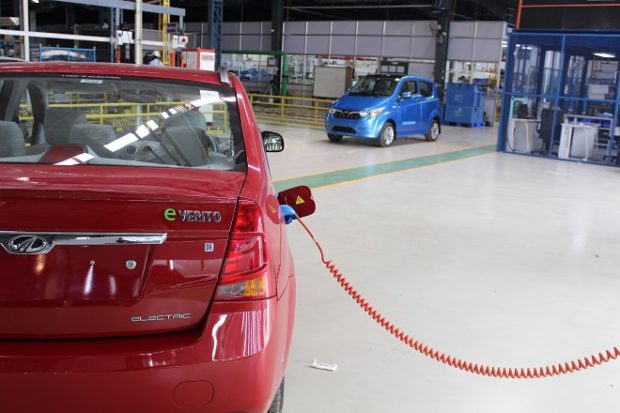
In another bid to reduce country’s oil imports and also curb pollution, Narendra Modi government has set a target to achieve 100 percent all-electric vehicles in India by 2032. Minister Piyush Goyal announced these ambitious plans earlier in 2017 and with no existing infrastructure or a proper road map (back then) the news disrupted the product planning for almost all car makers. A report by Government owned think-tank Niti Aayog says that to meet ambitious EV plan through 100% domestic manufacturing of batteries would require at least 3,500 GWh of batteries at cost of Rs 20 lakh crore from 2017-2030. If played right India can capture 25–40% of the total economic opportunity represented by EV battery manufacturing under a scenario where India imports lithium-ion cells and assembles these cells into battery packs.
GST and Cess on luxury cars, hybrids and SUVs:

With GST in place in India, it was expected to ease the overall business doings by automakers in India. With GST slabs announced things looked fine before the GST Council decided to add additional cess on luxury cars, SUVs and hybrids. This not just led to lower sales but frequent changes to cost of vehicles disrupted the flow of otherwise strong 2017. This taxation structure also saw company’s like Toyota discontinuing its hybrid cars in India. The company stopped the local assembly of its Camry hybrid sedan as it became an expensive proposition for anyone to buy.
Other top events that made headlines came out from the 2017 Geneva Motor Show were first Tata Motors announced partnership with Skoda and with things not working out later, both the companies mutually decided to end it. Other partnership that came together was between Mahindra and Ford that got into a strategic alliance. Bajaj and Triumph too joined hands to develop mid-range cruisers for both India and global markets. Global partnership between Suzuki and Toyota will also help Maruti Suzuki in a big way to develop electric cars in India.
It has been a very interesting year for the Indian auto-industry. Expect 2018 also to be filled with exciting new launches, execution of plans announced in 2018 and more companies announcing its electric plans starting 2018 Auto Expo.
